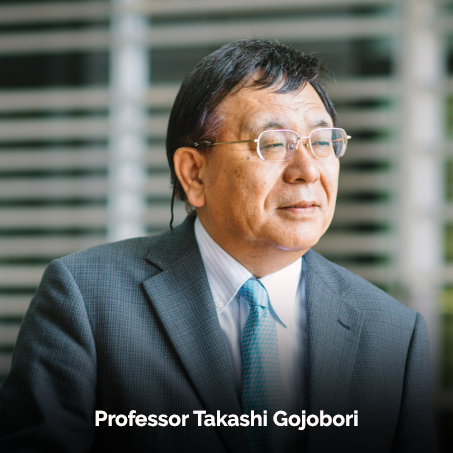Inexpensive transistors for rapid SARS-CoV-2 detection

Thomas Anthopoulos and his research group, in collaboration with Professor Arnab Pain, are developing solid-state, field-effect transistor based biosensors (Bio-FETs) for label-free, ultrasensitive, and real-time detection of SARS-CoV-2.
The Bio-FET technology combines a unique electrode geometry together with a few nanometers-thick conducting channel that provides extreme spatial proximity between the analyte and the sensing surface of the device. The sensor is able to transduce and simultaneously amplify the specific antibody-antigen interaction signal into electrical output reading.
Due to its high sensitivity the technology has the potential to enable SARS-CoV-2 detection from patients with COVID-19 symptoms using nasopharyngeal swab samples. The approach is simpler than established methods such as reverse transcription-polymerase chain reaction (RT-PCR) to detect SARS-CoV-2 and less time consuming.
Although the team is currently focusing on demonstrating discrete
sensors, in the future a large number of these devices could be
integrated into microarray chips for highly reliable biosensing
applications. The Bio-FET technology offers potential for an
inexpensive miniaturized sensing platform that could be applied
in clinical diagnosis.



















